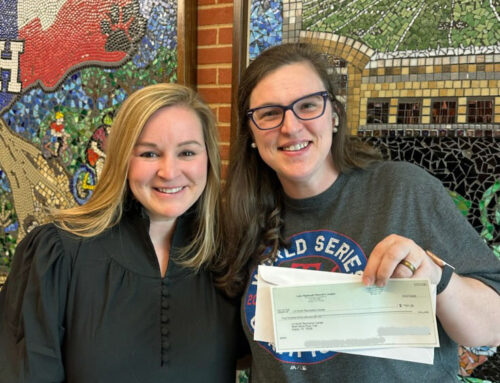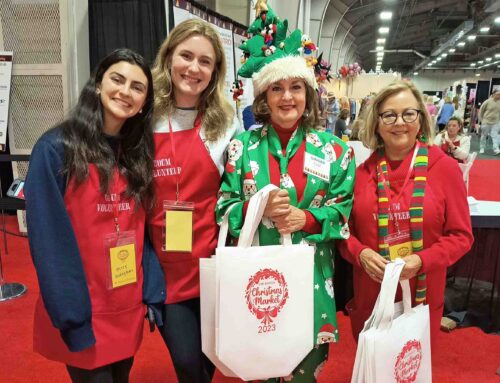This holiday season, the City’s “Don’t Bag It” program will benefit from our discarded Christmas trees. The trees, along with our bagged leaves, can be collected with the monthly brush pickup. These recycled organics will be mulched into wood chips and mixed with the City’s compost.
Trees will be accepted at Flagpole Hill and the Garden Center at Fair Park through approximately Jan. 10. Call the Recycling Office at 670-4475 for information when you’re ready to dispose of your tree. You can also take leaves and Christmas trees to the same transfer stations that accepted grass clippings this summer.
If a real Christmas tree seems too wasteful, here are a few alternatives. Norfolk pines are an easy-to-decorate, pseudo-Christmas tree that can be used year after year. Or you can opt for a living tree that can be planted outside, but remember they are a little tricky to use indoors.
Plan to have the tree inside for only a couple of days. Also, the obvious alternative – artificial trees – are becoming much more realistic and affordable.
At my house, though, nothing will do but a real, cut tree. These days, most Christmas trees come from farms and are grown just to grace our homes for the holidays.
It’s a full-circle operation at the tree farms – new trees are planted as the older ones are harvested. After enjoying your tree, don’t throw it out with the trash. If it’s properly recycled, having a real Christmas tree can be a guilt-free experience.
During the holidays there’s more to being environmentally conscious than properly discarding your tree. Choose recycled gift wrap and cards. Gift bags are a good idea because they can be used again and again.
Be creative in your gift wrapping and see how many different reusable containers you can find. After all the unwrapping is done, take time to recycle the paper and ribbons. You can also reuse boxes and containers to store your holiday decorations and other items.
Here’s an update on how the City’s “Don’t Bag It” program worked. Residential waste was reduced by 22 percent during the six month period from April to September, according to the Recycling Office.
This might not seem like a lot, but it is a significant decrease considering we produce 200,000 tons of yard waste each year. It was also the City’s first attempt at banning grass clippings from landfills and increasing the organice matter available for its compost program.
Knowing that the grass clippings ban is successful makes it easier to live with.
So, let’s keep up the good work. Use a little thought and planning to reduce, reuse, and recycle during this festive season. And enjoy your eco-friendly holidays!





